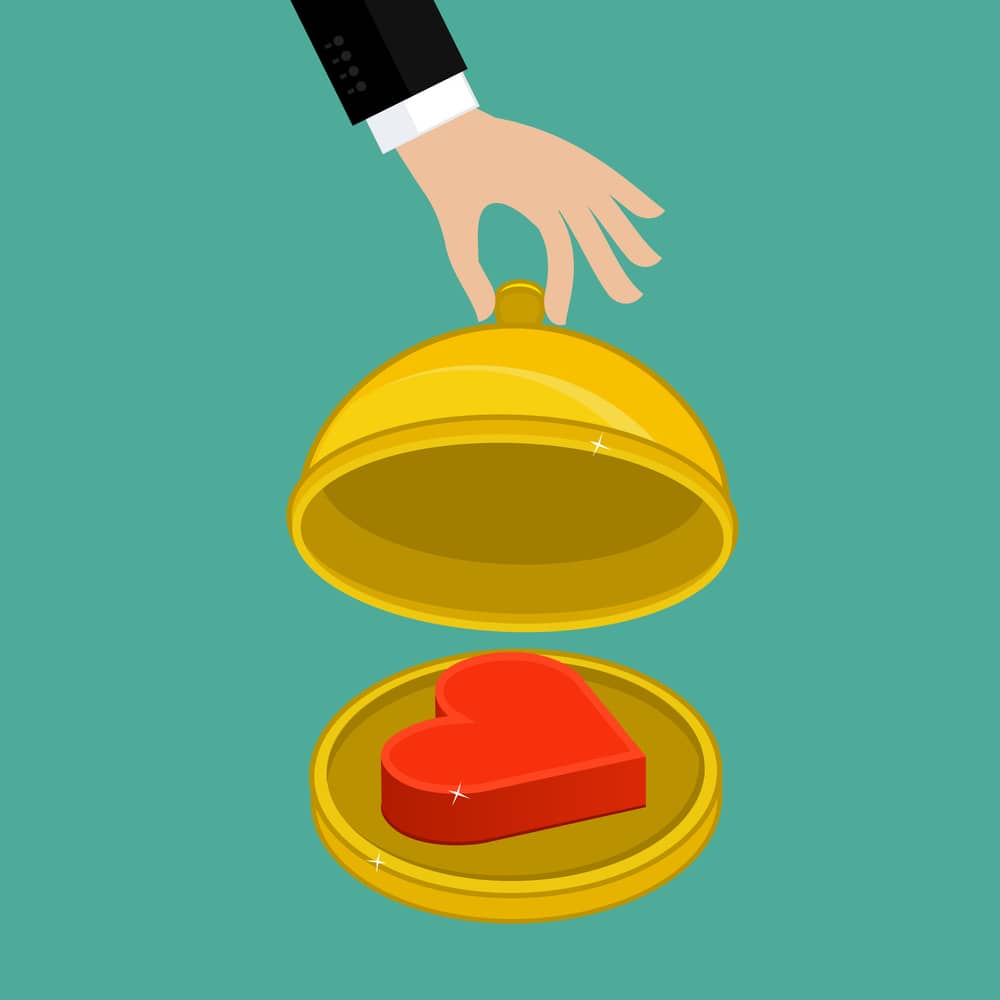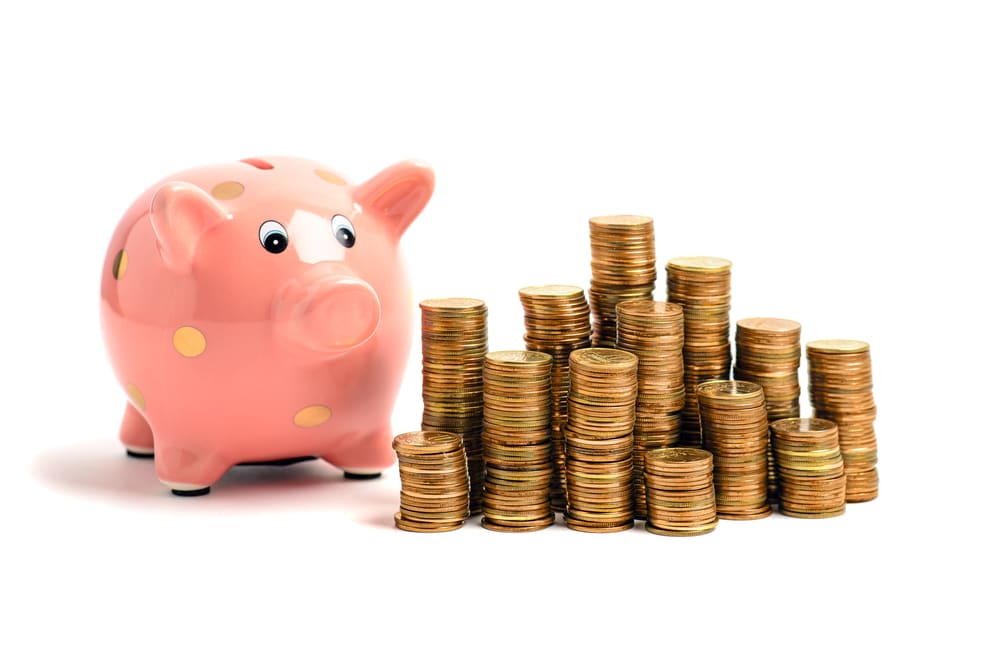Most of us probably know that building an emergency fund is an important step toward financial stability and peace of mind. But when you’re a freelancer, it can feel especially daunting to think about saving up for an unknown future. After all, your income can be unpredictable from month to month, and you might feel like you’re just scraping by as it is. So do you really need to worry about an emergency fund? The short answer is yes, and in this post, I’ll tell you why.
Table of Contents
List of Freelance Jobs
- Web Designer or Web Developer: Imagine crafting beautiful, functional digital landscapes that millions traverse daily. As a web designer or developer, you can shape the virtual world with your creativity and technical prowess.
- Graphic Designer: If you’re an artist at heart who loves to communicate through visuals, this one’s for you! Create stunning designs that captivate audiences and tell compelling stories.
- Teacher: Share your knowledge and inspire others on their learning journey. Whether it’s academics, music, fitness, or any other skill you possess, there’s always someone eager to learn.
- Virtual Assistant: Become the eunseen force that keeps businesses running smoothly. From managing calendars to handling customer inquiries, your organizational skills will be your greatest asset.
- Writer: Unleash the power of words and weave captivating narratives that engage readers. If you have a knack for storytelling, this is your stage.
- Customer Experience Associate: Be the voice that customers trust, solving their problems and enhancing their experience with the brand.
- Editorial Page Assistant: Assist in shaping public opinion by helping craft compelling editorials. Your keen eye for detail and strong language skills will guide you.
- Social Media Content Creator: Rule the digital realm with engaging content that resonates with followers and builds brand loyalty.
- Translator: Break language barriers and bring people closer by translating content accurately and effectively.
You Are Your Own Safety Net
As a freelancer, you don’t have the same safety net that many employees do. You probably don’t have health insurance through an employer, for example, and you don’t have access to sick days or paid time off. That means that you’re responsible for covering your own expenses in case of illness, injury, or other unforeseen events. These can be costly, and without an emergency fund, you might be forced to take on debt or dip into your regular income to cover them.
Your Income Is Unpredictable
Even if you have a steady stream of clients, your income as a freelancer can fluctuate from month to month. You might have a great month one month and a slow one the next. That can make it hard to plan for future expenses or build up a consistent savings plan. But having an emergency fund can help by giving you a cushion to fall back on during lean times.
It Gives You Peace of Mind
Let’s face it: freelancing can be stressful enough without worrying about your finances. If you’re constantly living paycheck to paycheck, you might feel like you’re just one unexpected expense away from catastrophe. But having an emergency fund can give you peace of mind and help you feel more secure about your financial future. You’ll know that you have a safety net to fall back on if something unexpected happens, and that can make all the difference in reducing stress.
It Helps You Plan for the Future
Another great thing about having an emergency fund is that it can help you plan for the future. Once you have a cushion saved up, you can start thinking about longer-term goals, like saving for retirement or a down payment on a house. Without that cushion, you might feel like you’re stuck in survival mode, constantly just trying to make ends meet. But an emergency fund can help you break out of that cycle and start thinking about the future.
It’s Possible (Even if It Seems Impossible)
Okay, I know that building an emergency fund can feel impossible when you’re just scraping by as it is. But the truth is, even small contributions can add up over time. Start by setting aside a small percentage of each payment you receive, whether it’s 5% or 10%. Over time, that can add up to a significant emergency fund. And if you get a windfall (like a tax refund or a big payment from a client), don’t blow it all at once. Consider setting aside a portion of it for emergencies
All freelancers, absolutely need an emergency fund. But remember, building that fund doesn’t have to be overwhelming or impossible. Just focus on small, consistent contributions over time, and you’ll be on your way to financial stability and peace of mind. As a freelancer, you are your own boss, but that also means you’re your own safety net. So why not start building that safety net today? Your future self will thank you.






